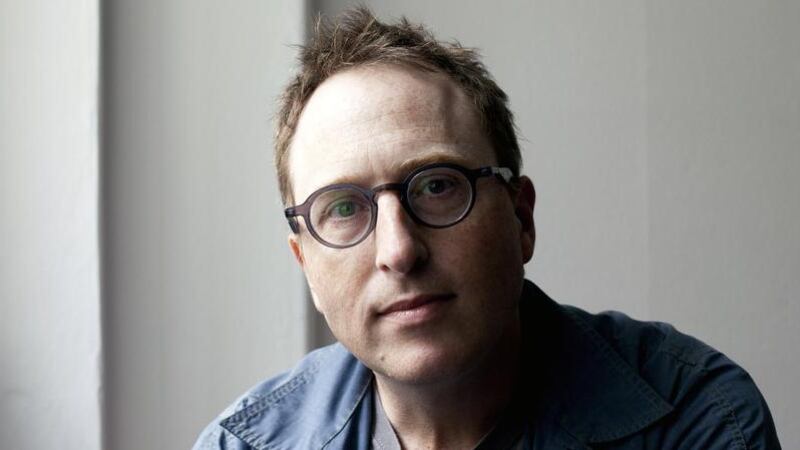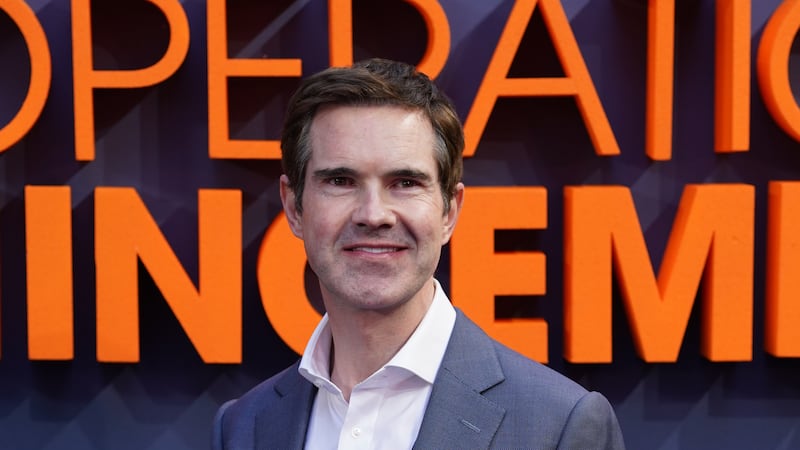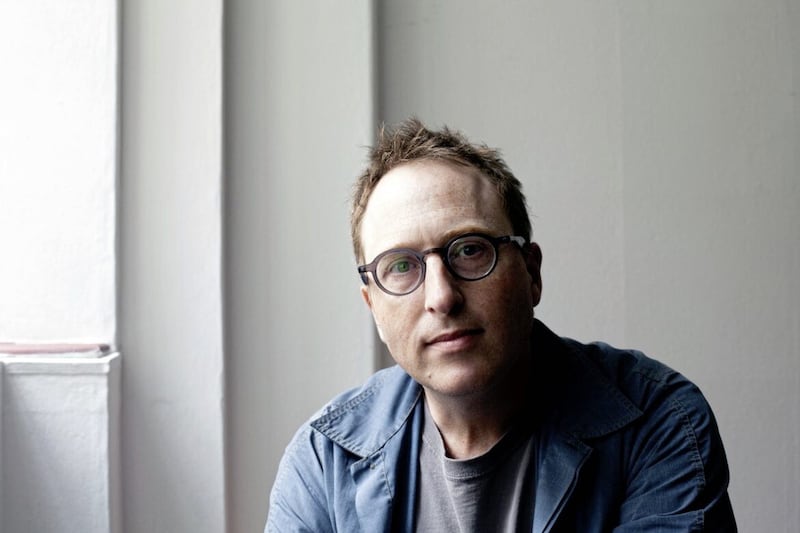IT'S a thoroughly modern phenomenon: a momentary lapse of judgment results in an intense outpouring of online ridicule and hatred. Then, when the 'shaming' ends, the whole episode is preserved for eternity on Google.
Just ask former PR professional, Justine Sacco. For a few blissful hours in 2013, this literally high-flying New Yorker was completely unaware that her final Tweet before boarding a flight to South Africa had already ruined her life.
"Going to Africa. Hope I don't get AIDS. Just kidding. I'm white."
The 26-year-old senior director of corporate communications at internet and media company IAC had intended this crass, superficially racist remark as an irony-laden joke. However, she became the joke: while Sacco was several thousand feet removed from online discourse, this ill-considered online missive triggered a violent Twittergasm.
Tens of thousands of strangers began calling for the oblivious soon-to-be ex-PR woman to be fired (with some also demanding her violent rape and/or murder) in a global eruption of gleeful schadenfreude that topped the Twitter trending charts under the jokey suffix #HasJustineLandedYet.
The publicist was duly sacked and forced to become a virtual recluse. Two years later, Sacco has yet to fully recover from the fallout of those fateful three sentences. Her story is just one of the harrowing real-life accounts of humiliation examined by Jon Ronson in his latest book, So You've Been Publicly Shamed.
Others include US charity worker Lindsey Stone, who received death threats after being photographed mock shouting and 'flipping the bird' beside a 'silence and respect' sign in Washington DC's Arlington Cemetery, and tech developer Hank, sacked after fellow IT worker Adria Richards overheard his joke about 'big dongles' and took her offence to Twitter.
Adria then became the target of an even more intense shaming as others leapt to Hank's defence.
In the book, Ronson meets up with these victims to hear their stories, meets those making vast sums in the burgeoning business of online 'reputation repair' and wrestles with why we love participating in online 'destructions' reminiscent of the public shamings outlawed in the 19th century.
Published in March, the book was three years in the making and remains worryingly topical. Just last week, US classical musician Jennifer Kim was viciously ridiculed for Tweeting about the fate of her prize violin after surviving a Philadelphia train crash in which five passengers were killed.
"It feels like it arrived at a timely moment," agrees Ronson of his latest tome, which brought him back to Ireland this week for events in Belfast and Dublin.
"I mean, that violinist – Jesus, f**k. She emerges from the wreckage and suddenly all these people are attacking her for being 'entitled'. It's unbelievable, isn't it?
"I'm a liberal and I believe in social justice. But this [phenomenon] comes from liberalism, doesn't it? It comes from 'my people'. It's about attacking people who are seen to mis-use their privilege – 'punching up'."
'Punching up' in this context refers to moments where the sections of the public unite to sanction behaviour they've deemed abhorrent. For example, in October 2009, Nestle and Marks & Spencer pulled advertising from The Daily Mail's website following an online public outcry about homophobic remarks in a column by Jan Moir.
However, public shaming is basically 'punching up' gone terribly, terribly wrong.
While Ronson admits that there are plenty of decidedly non-liberal types lurking online and all too eager for a virtual scrap with just about anyone, he still feels a degree of guilt by association with regard to some well-meaning 'keyboard warriors'.
"That's why the book has had so much criticism from some liberal corners, because it's really uncomfortable. It's no longer 'them' we're dealing with – it's 'us'.
"Social media is set up as this kind of mutual approval machine: we surround ourselves with people who feel the same way we do and screen out anyone who disagrees, so we're congratulated for taking people down.
"Wired Magazine wants to call social media a 'new democracy' – but that's not democracy."
Interestingly, Ronson reveals that some of his most positive feedback on a recent book tour of the US came from those on the 'other side' of the ideological spectrum.
"Since reading my story about Lindsey Stone, all these people on 'the right' have been saying 'oh, I think we went a bit too far, I feel bad now'," he tells me.
"This whole experience has made me realise that people who do the shaming on 'the right' are actually much more self-reflective than those on 'the left'.
"What I really hate in life is people who value ideology over human beings. That's what causes all the s**t in the world – and that's what's happening on the internet.
:: So You've Been Publicly Shamed is out now, published by Picador.








